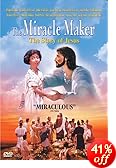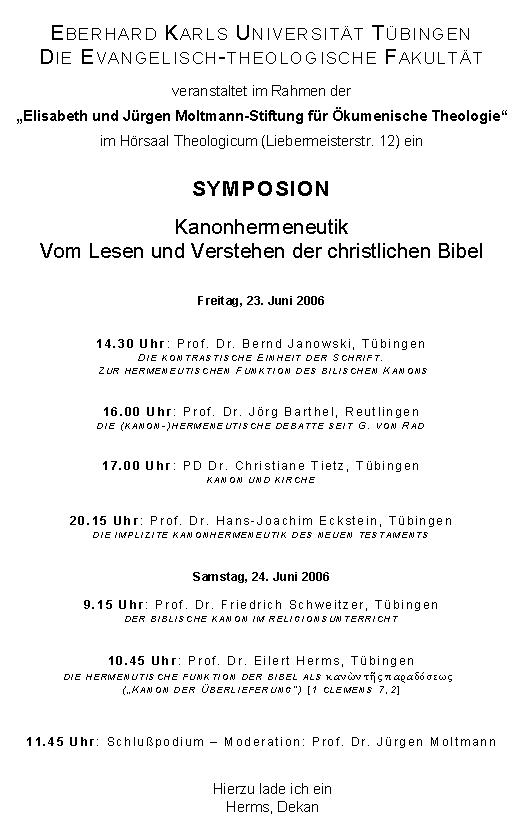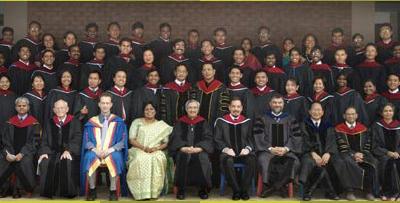Monday's paper
 I’m presenting a paper on the Christology of 1 Cor 8-10 on Monday, and I thought I’d finished it, done and dusted, ready for a visit from friends from South Africa. However, on Tuesday afternoon, before our friends arrived, I thought I’d give the paper a quick proof-read for typos etc., and to my horror, I realised that I had written a pile of steaming dung, a sweating mound of putrefaction, a virus populated mass of inadequacy, a seweresque heap of laughability ...
I’m presenting a paper on the Christology of 1 Cor 8-10 on Monday, and I thought I’d finished it, done and dusted, ready for a visit from friends from South Africa. However, on Tuesday afternoon, before our friends arrived, I thought I’d give the paper a quick proof-read for typos etc., and to my horror, I realised that I had written a pile of steaming dung, a sweating mound of putrefaction, a virus populated mass of inadequacy, a seweresque heap of laughability ...Panic set in.
I was so stressed by the original state of the first part of my paper, I even gave someone who beeped me on the motorway, ‘the finger’ – to the shocked astonishment of my wife in the passenger seat. Shame welled up for a while, until I saw the funny side!
I’ve gone through things now and have, I hope, salvaged a decent argument, perhaps even a good one, but it was looking a bit shaky in places. Alas, the torture of being your own worst critic.
But, at least we all know what biblioblogging is all about: sound, serious, academic exchange between learned seekers of truth.
















